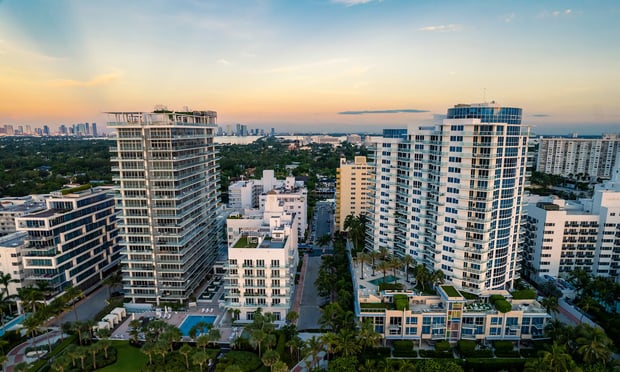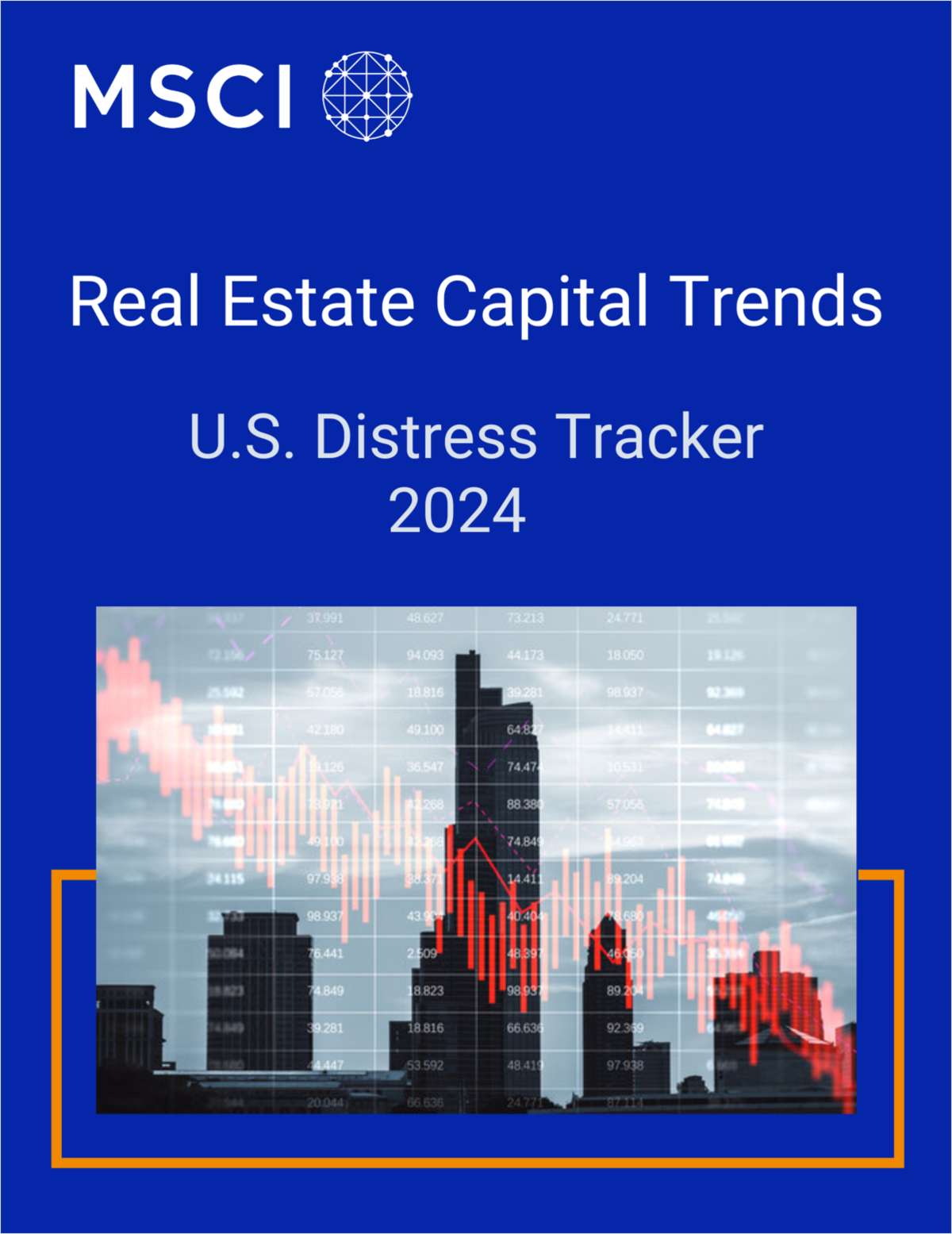The report from the firm's Ontario office also forecasts that the region's apartment market will remain among the top performers in the nation as an overheated housing market and a growing economy put more residents into the renter pool. "The tight market will allow owners to achieve aggressive rent growth, and buyers will continue to outnumber sellers as the market remains among the strongest in the nation," comments Kevin A. Assef, a managing director of Marcus & Millichap and regional manager of the firm's Ontario office, in the newly released report.While apartment markets in Los Angeles and Orange County have long attracted investors from throughout the country, the Inland Empire apartment market remained relatively small until recent years and was not the draw for investors that it has since become. But the housing boom and rising home prices in Riverside and San Bernardino counties in recent years have created conditions more favorable to apartment development, resulting in market conditions that "have kept investment activity brisk with prices rising even though yield curves are declining," the M&M report says.Competition among investors has pushed Inland Empire apartment prices, with the median price on track to post a year-end increase of more than 30%, Marcus & Millichap estimates, with smaller properties of 20 units or less making up the bulk of sales, accounting for nearly 70% of all transactions. "The multitude of buyers in this category has created a bidding frenzy on most properties, with many selling at or above list price," the investment brokerage says. The current median selling price of $88,000 per unit for properties with five to 20 units represents an increase of 34% over 2003. Among the factors cited in the study as reasons for the current and future expected performance of the market are the Inland Empire's continued job growth, strong population growth, limited production of new apartments, and declining housing affordability.The vacancy rate for class A apartments peaked early in 2004 at 5.7% but is starting to improve as owners are luring tenants with offers of up to two months of free rent and lower security deposits, Marcus & Millichap reports, while vacancy for class B and class C properties is currently 3.4% and is expected to drop to 3% by year end. Average asking rents are expected to end 2004 up 6.5% from 2003 to $927.
Continue Reading for Free
Register and gain access to:
- Breaking commercial real estate news and analysis, on-site and via our newsletters and custom alerts
- Educational webcasts, white papers, and ebooks from industry thought leaders
- Critical coverage of the property casualty insurance and financial advisory markets on our other ALM sites, PropertyCasualty360 and ThinkAdvisor
Already have an account? Sign In Now
© 2024 ALM Global, LLC, All Rights Reserved. Request academic re-use from www.copyright.com. All other uses, submit a request to [email protected]. For more information visit Asset & Logo Licensing.








